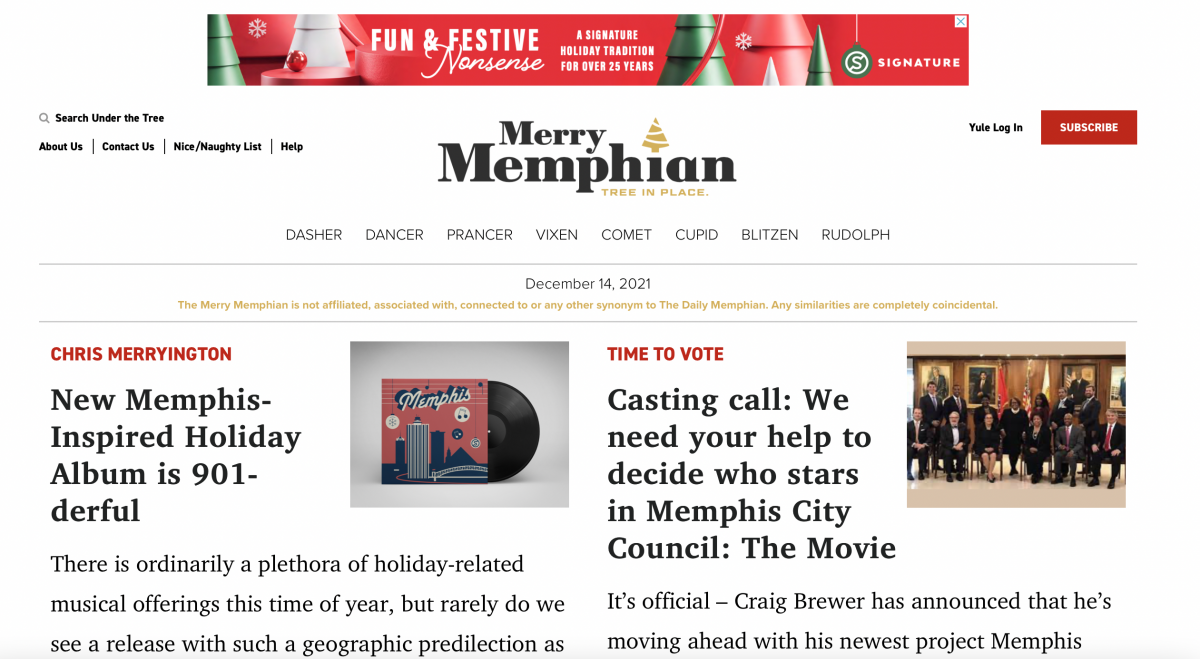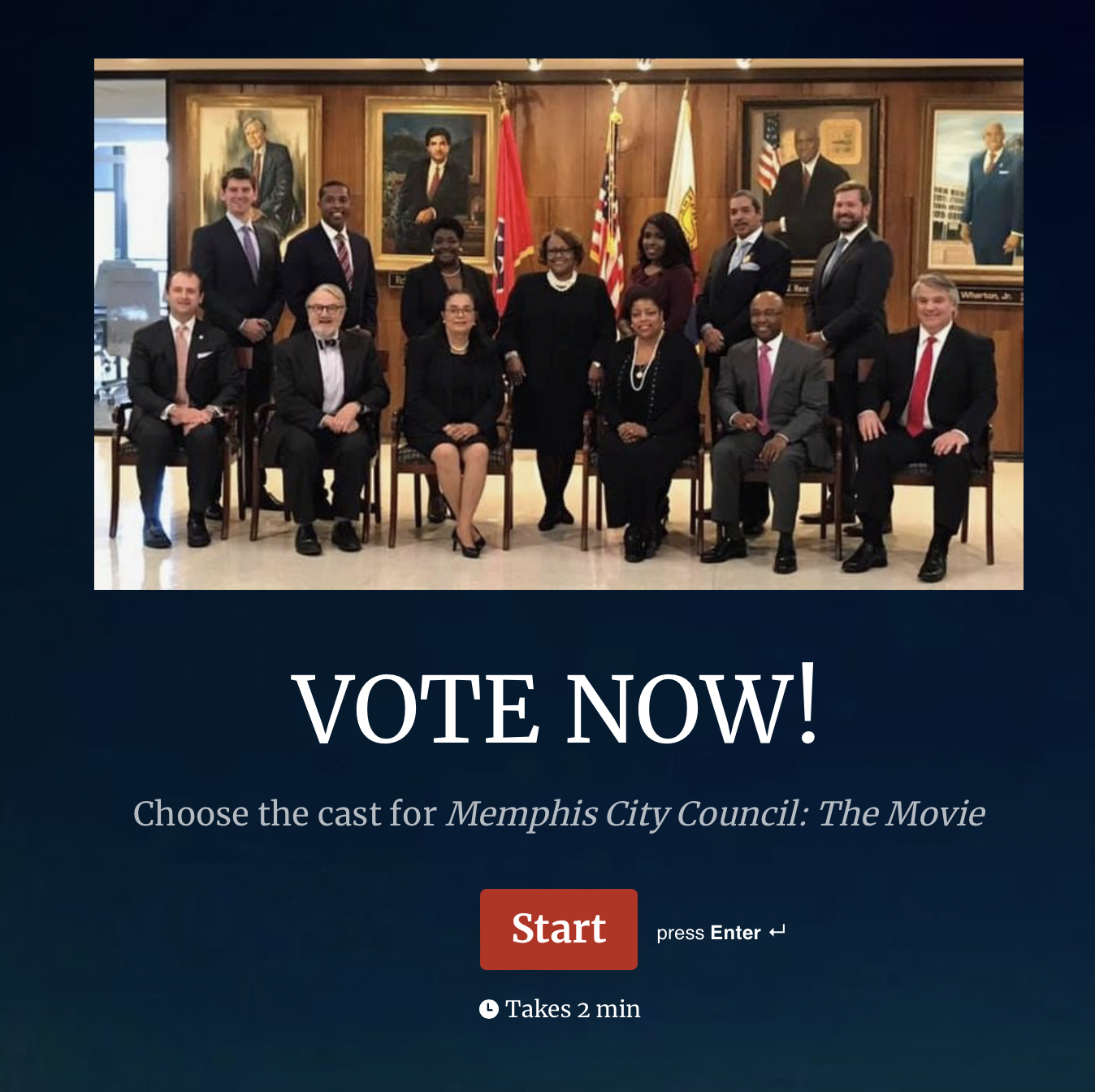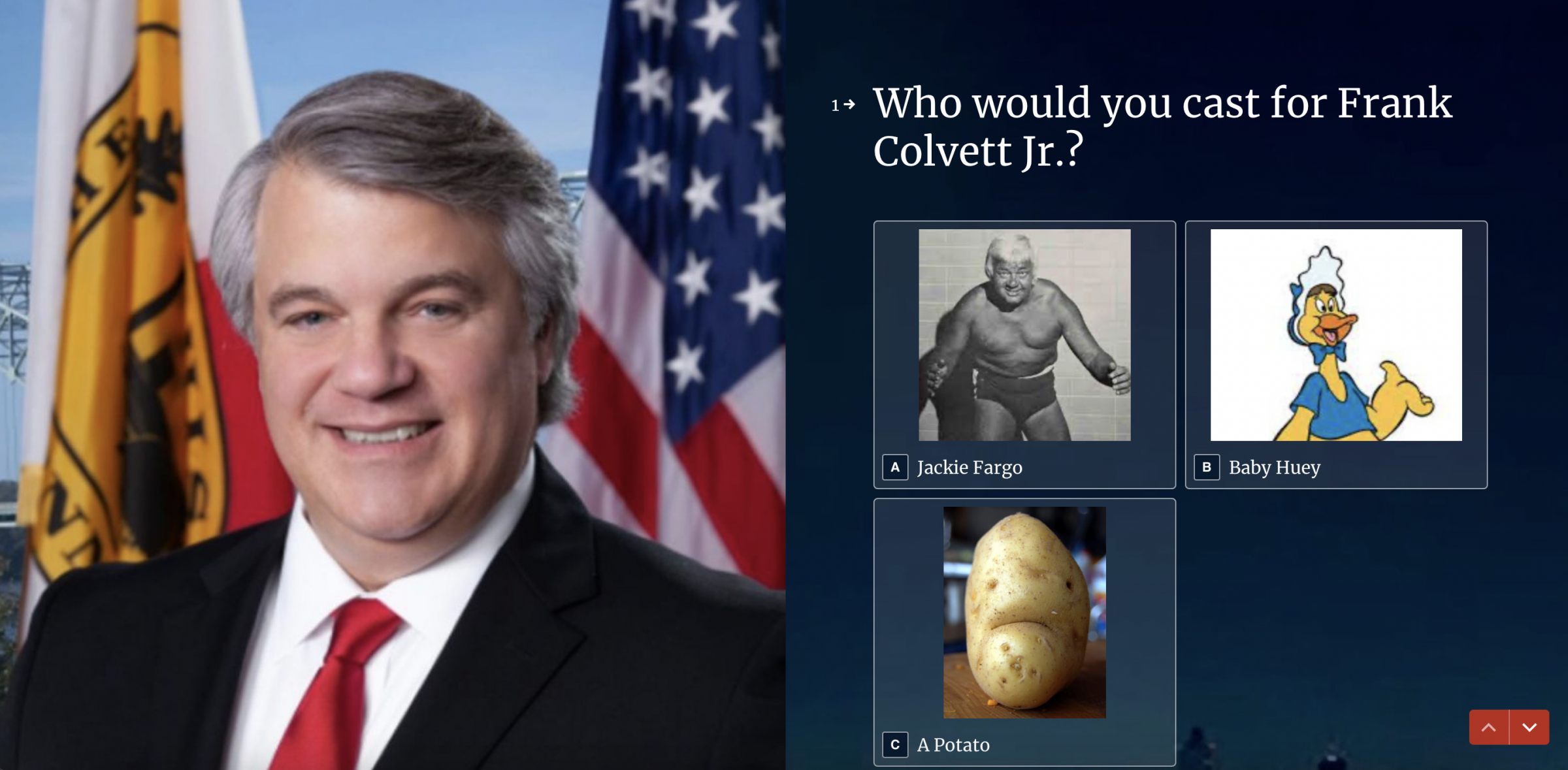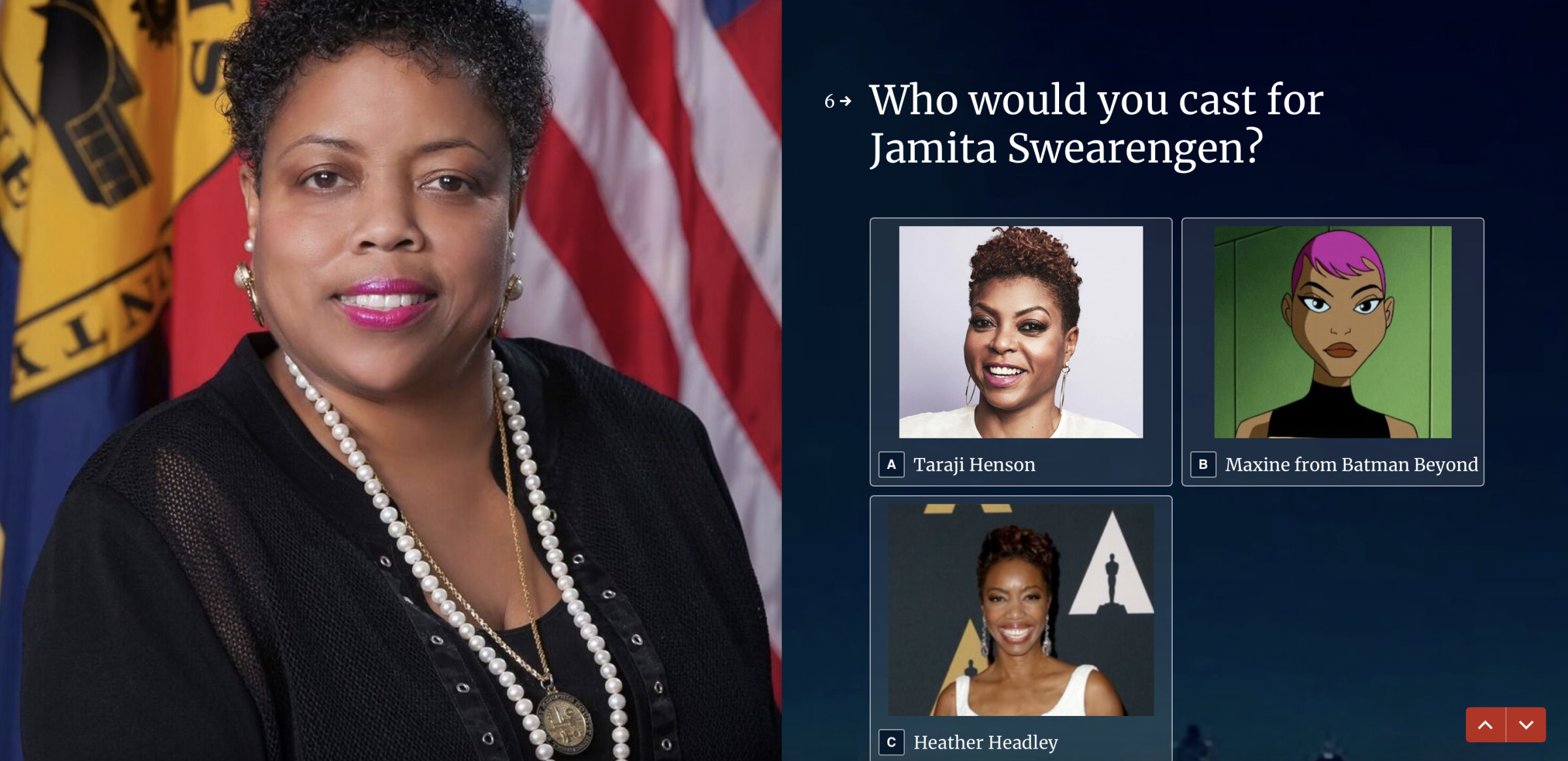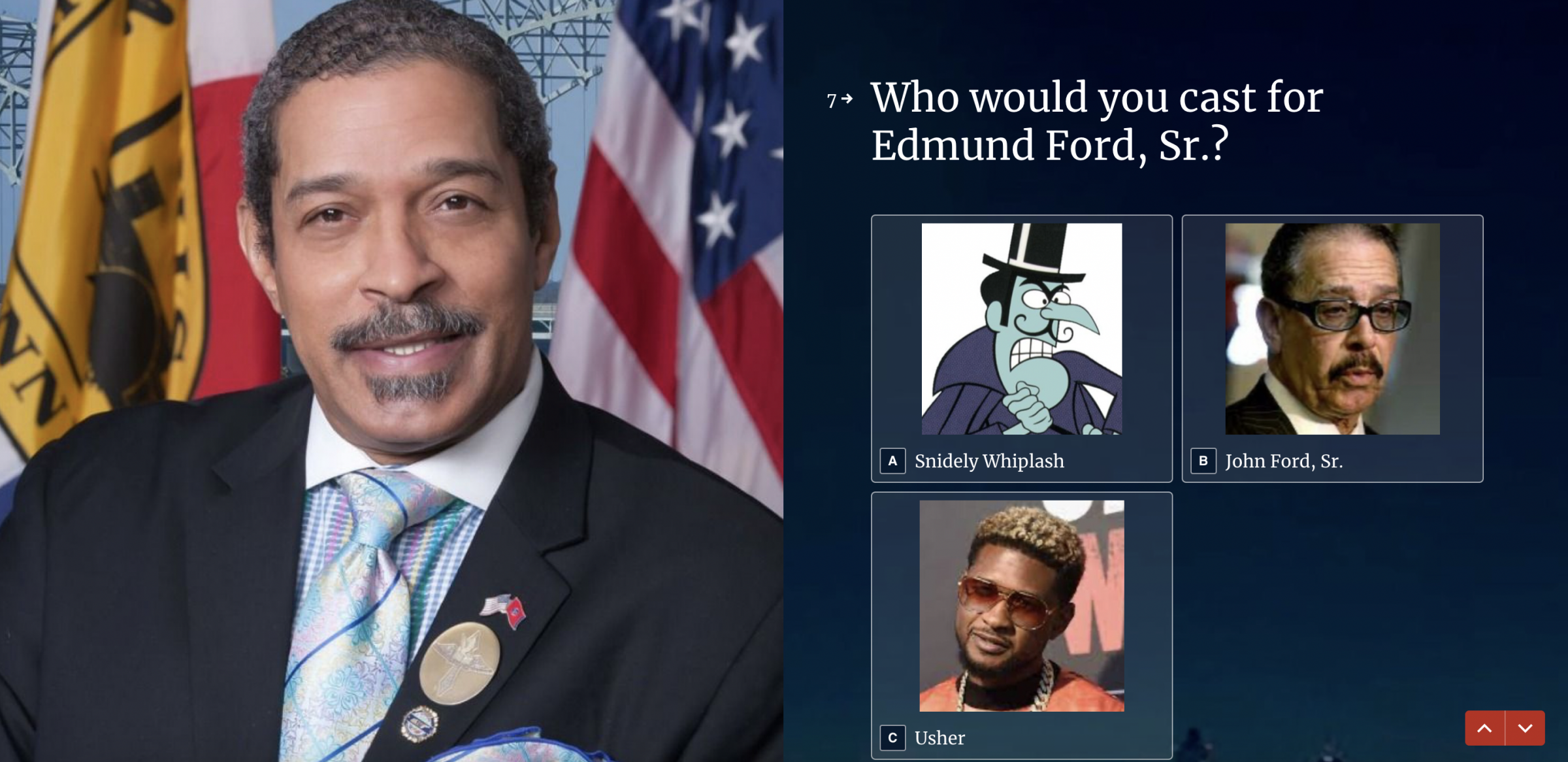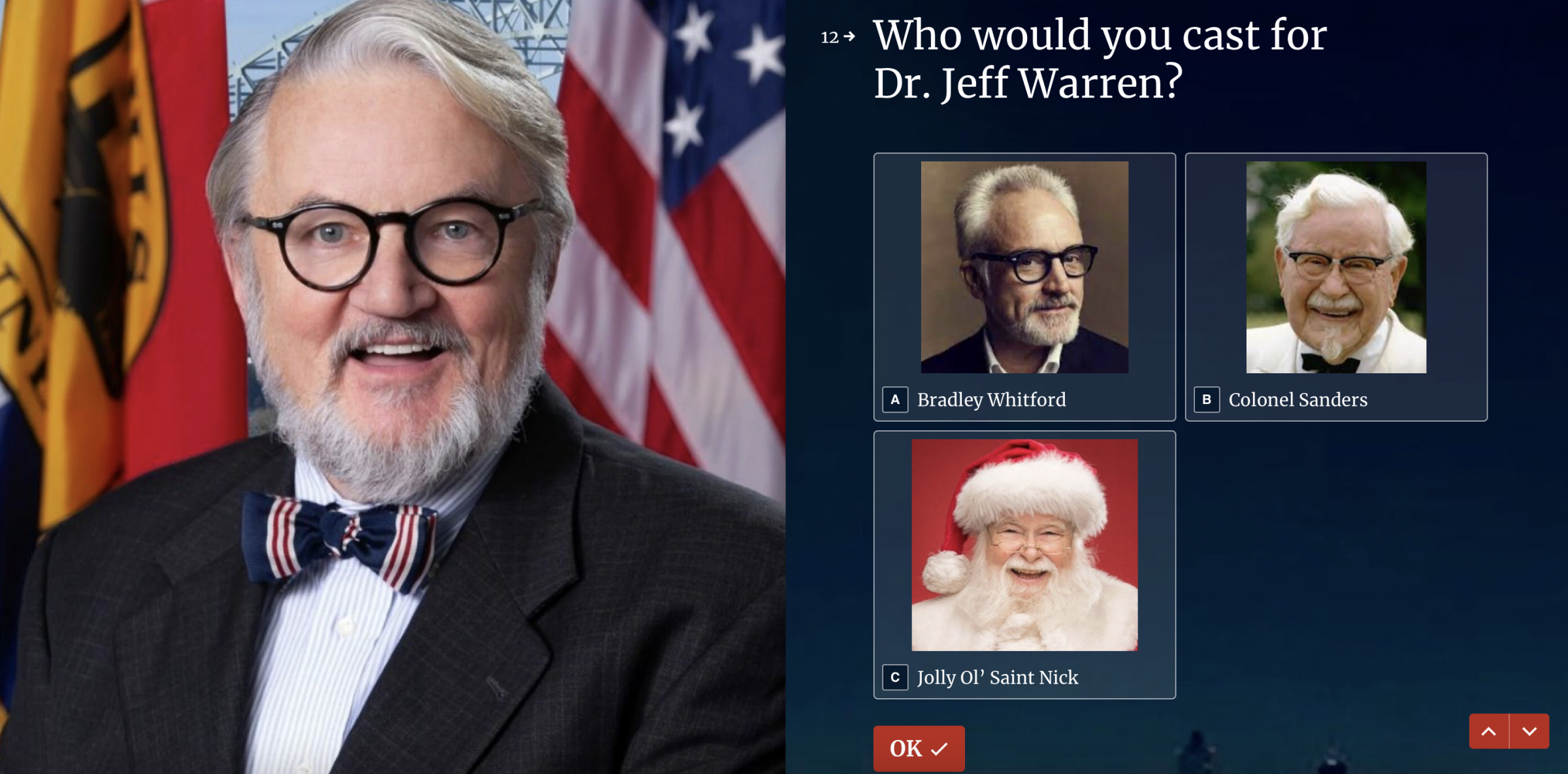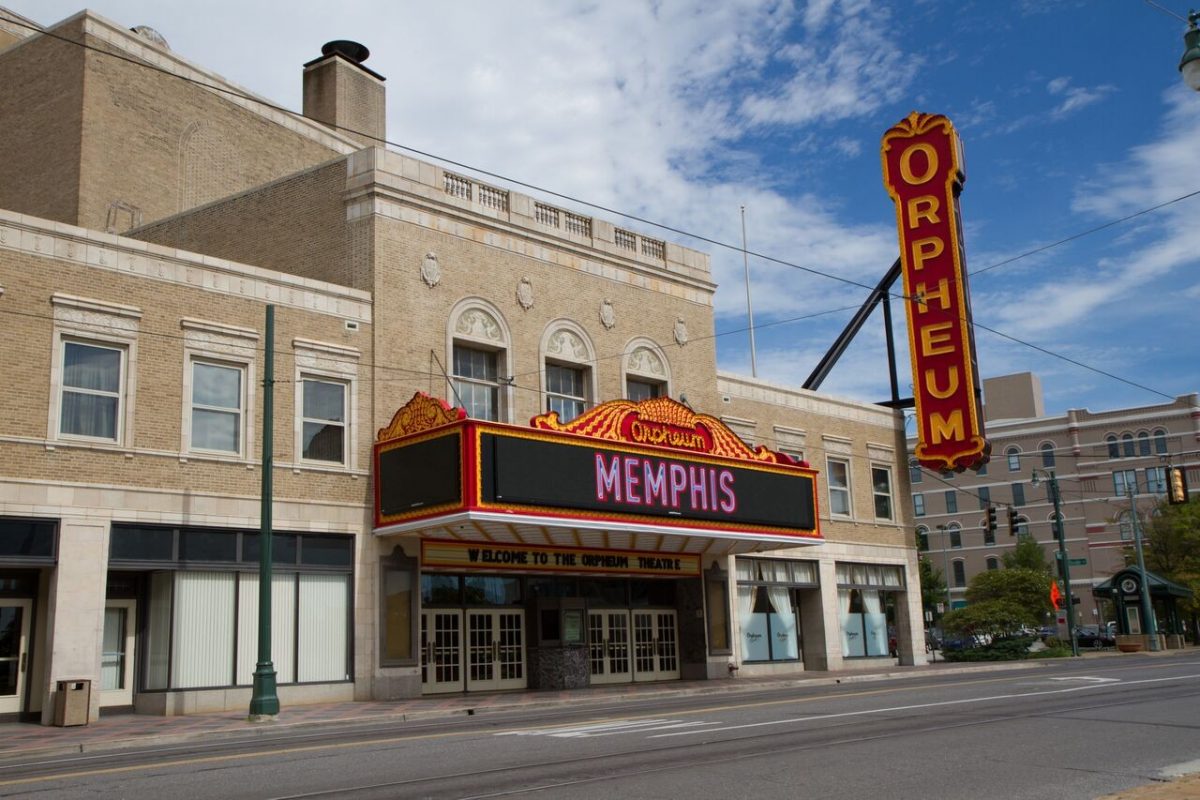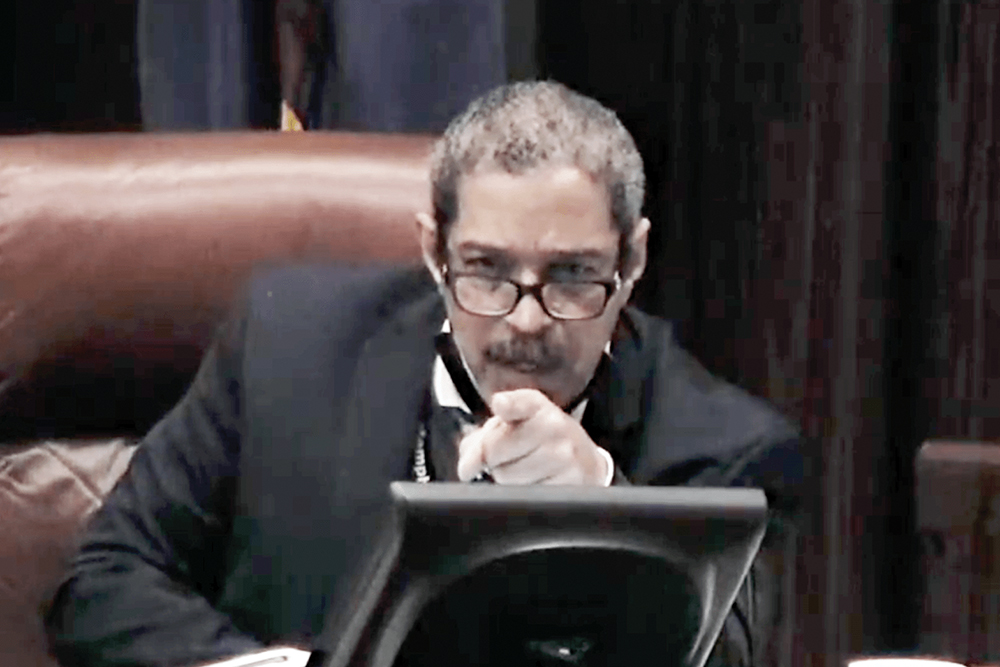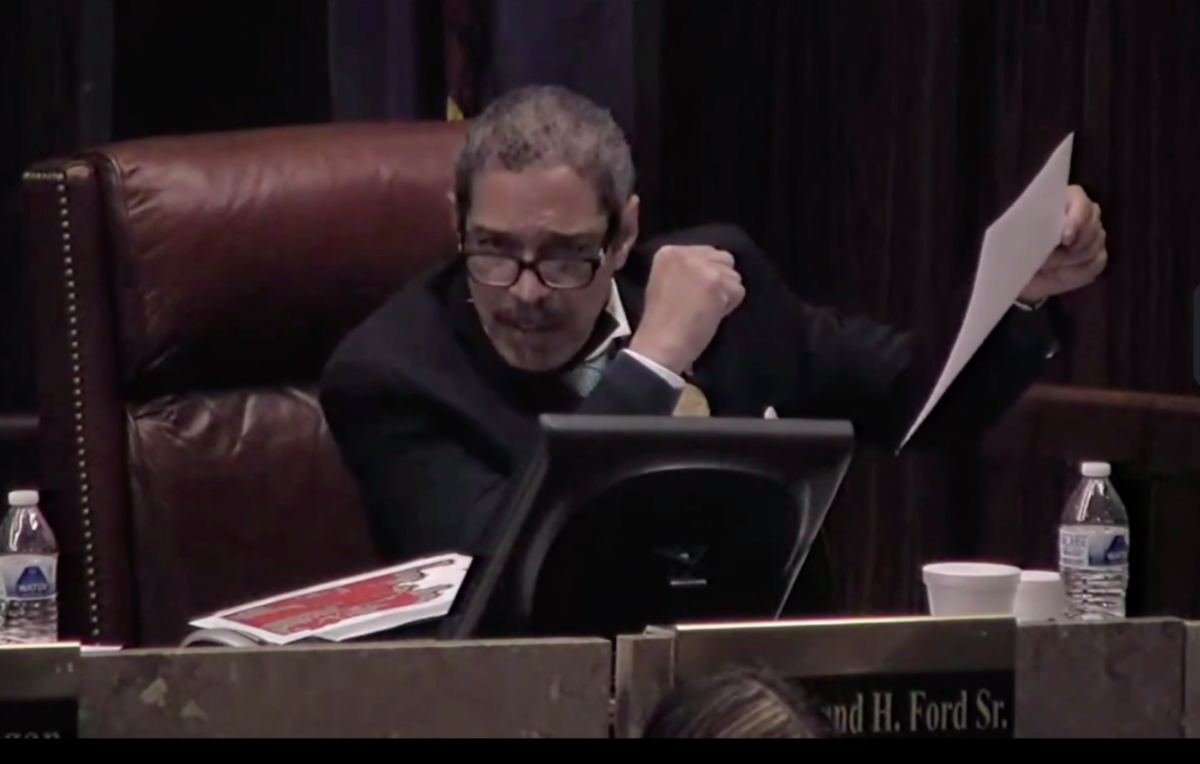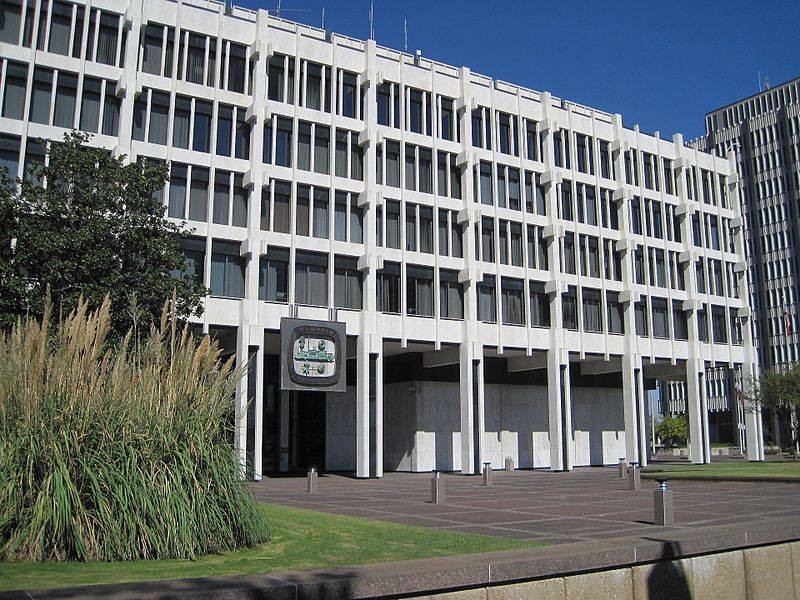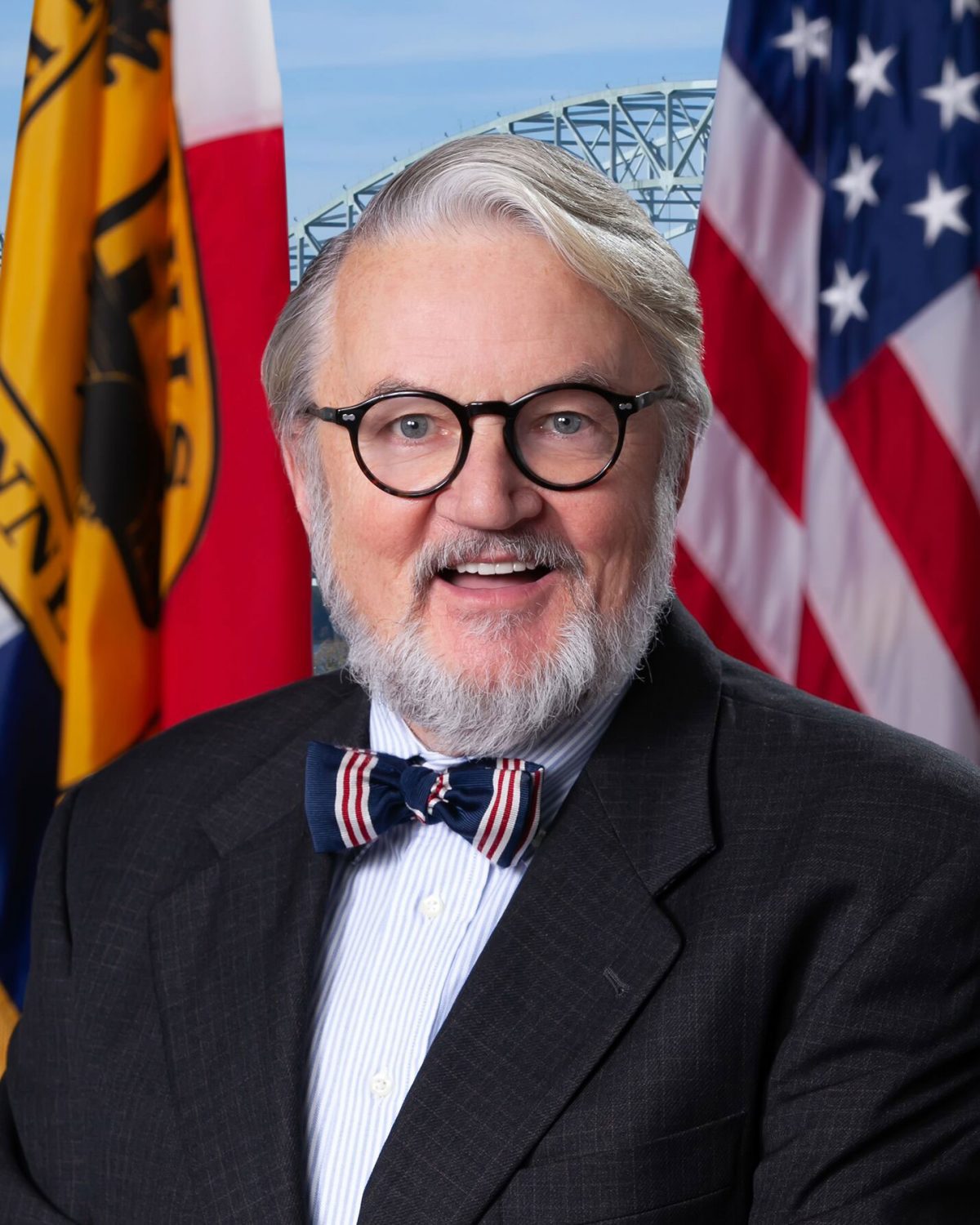Tamra “Chef Tam” Patterson, owner of Chef Tam’s Underground Cafe, was given a resolution for her accomplishments from the Memphis City Council on May 10th at Memphis City Hall.
“It’s really nice to receive an honor in the city,” Patterson says. “Especially not being a native authentically of the city. It’s really cool to see the city taking notice of the hard work I put in to bring good press and amazing food to the city.”
Patterson, who is from Ft. Worth, Texas, moved to Memphis seven years ago. She also opened a Chef Tam’s Underground Express in Arlington, Texas. And she opened her food truck, Smoke and Ice, in April.
The accomplishments listed in the resolution are staggering. The resolution lists eight “Whereas-es.” Among them are her first-place wins on Food Network’s Chopped and Oprah Winfrey Network (OWN)’s Great American Cookout, for her “soul food recipes,” including fried mac and cheese and shrimp and cheddar grits; launching a line of cookware and a collection of juices; and opening her second restaurant in Arlington.
And, referring to her win on the April 5th episode of Chopped, the resolution states, “WHEREAS to appease the judges’ palates even more, Tamra “Chef Tam” Patterson created the Stuffed French Toast BLT stuffed with strawberry and tomato puree, lettuce, whipped cream, and candied bacon.”
The resolution was signed by chairwoman Jamita E. Swearengen, Memphis City Council, District 4.
The amazingly energetic Patterson made it to City Hall the day after getting back from working as a lead chef at the 2022 Miami Grand Prix Formula One motor race, which was held May 8th at Miami International Autodrome in Miami Gardens, Florida. Formula One races are “normally out of the country. This is Miami’s first time hosting it.
“I was invited down to be one of the lead chefs of their VIP lounges. They had 10 VIP lounges,” Patterson says. “Everyone from JPMorgan Chase to Mercedes-Benz to McLaren to Ferrari. It was myself and 20 other lead chefs. We had a team of 80 to 90 cooks, and we just cooked our toes off. Literally. We were crying our feet hurt so bad.”
They were “cooking” in every sense of the word during the weekend event, which featured races for three days beginning May 6th. “We went to bed at 1:30 in the morning and had to be back to meet the shuttle at 5 a.m.”
They were cooking for 5,500 people a day, Patterson says. “It was three days. But we fed them breakfast. Then we fed them lunch. Then they had something called a ‘Soak Up’ where we just gave them greasy food to soak up all the alcohol they drank all day.”
The VIP lounges hosted celebrities as well as GOAT (Greatest of All Time) athletes, including Michael Jordan, Dwyane Wade, Serena Williams, Tom Brady, and David Beckham. “It was superstar-studded.”
And, she says, “There were only a handful of African-American chefs, and we cooked for the world’s wealthiest people. And that was an amazing experience.”
They prepared a range of food, including croissant sandwiches, sushi, sashimi, watermelon and feta salad, mustard pork loin, skirt steak, filet mignon, and lamb. “We were all in the kitchen at the same time. It was about a 15,000-square-foot commissary we cooked in.”
And they “kept cooking until they cleared the entire menu.”
They cooked during the event, but, Patterson says, “We got there at the end of April, and we started prepping as soon as the kitchen was set up.”
That included everything from cleaning lamb to shucking oysters. But once they got “near the actual race,” she says, “It was a 24-hour operation for three days straight. The other days were between 12- and 16-hour days. All the rest of the day I was icing my knees and taking my leave.”
For her cooking, Patterson, who personally did the lobster mac and cheese, quinoa salad, truffle mashed potatoes, and German potato salad, got “great feedback and everybody loved it.”
It sounds like a cooking marathon, but, Patterson says the event was not “the most tedious” time she’s spent in a kitchen. “We actually cooked for 3,500 at Chef Tam’s. And we did it with less than 20 people.”
Patterson returned to Memphis late Monday. “I was back in the kitchen the next day.”
And, she says she has to head to her Texas location at 3 a.m. May 12th.
So, what’s next for Patterson? “What’s next for me is a vacation,” she says. “I need somebody who loves me to take me somewhere I don’t have to be Chef Tam. I can be asleep.”
Laughter was heard in the background. It was Patterson’s husband, Nicholas Patterson, who’s probably going to be that “somebody” who’s going to give her that well-earned vacation.

